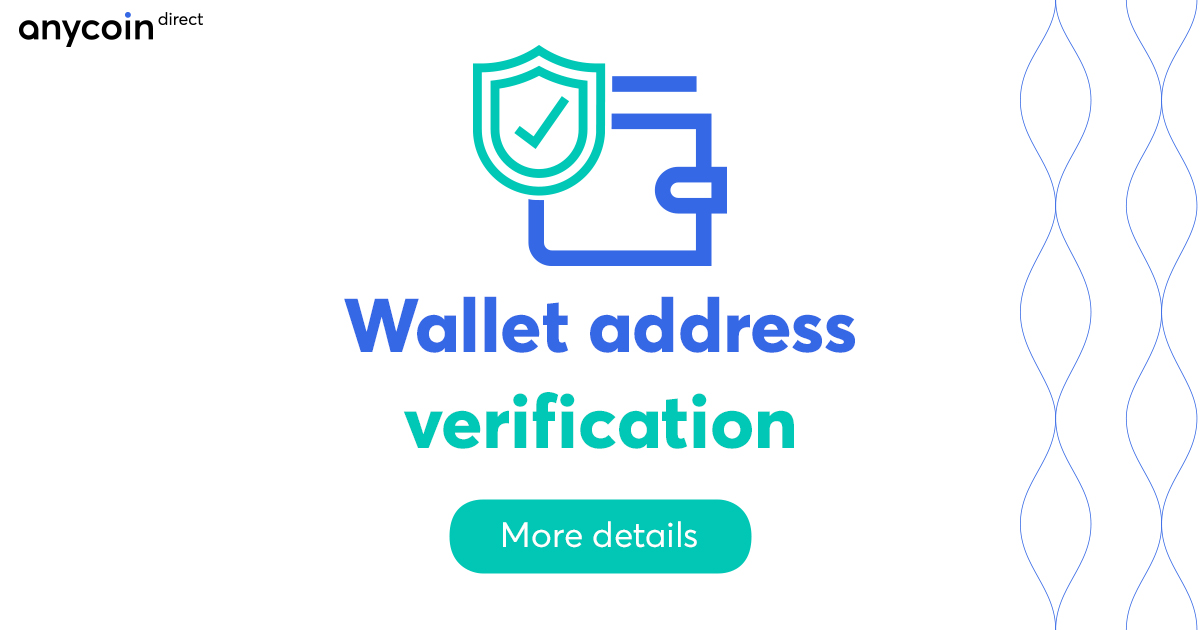South Korean exchanges will ask their users to verify their external wallets in order to comply with the new compliance requirements.
Major South Korean crypto exchanges, including Upbit, Bithumb and Korbit, want to follow the example of Coinone and ban transfers to unverified wallets, according to industry analysts.
On Wednesday, Coinone announced that the exchange would reject deposits from unverified private wallets from January 24, 2022 to prevent money laundering. All Korean exchanges, including Upbit, Bithumb, Korbit and 20 others, are expected to implement similar or the same measures as Coinone by March 25. The Korean government has set a deadline for exchanges to closely track coin transactions on and off their platforms.
Korean blockchain industry analyst Jun Hyuk Ahn told Cointelegraph, "Korean exchanges are developing their own solutions to meet requirements by March."
"All Korean exchanges must have a tracking system in place by March because the government has given them a deadline. Coinone just did it first."
With this regulation for stock exchanges, the state can also comply with the requirements of the Financial Action Task Force (FATF).
According to the anti-money laundering compliance service provider Sygna , the so-called travel rule stipulates that governments "ensure that domestic exchanges exchange real identity information with transmission partners, or they must monitor measures to combat money laundering and terrorist financing more closely".
These compliance requirements for exchanges are only part of many regulatory restrictions for crypto exchanges. One of the first requirements was that bank accounts could only be used with real names . Before this regulation was introduced in 2018, crypto exchange accounts could be linked to a bank account that belonged to several people.
By September 2021, the exchanges had to go through a verification by the Internet Security Management System and were only allowed to have a single domestic banking partner who opened accounts under real names. Exchanges that failed to meet the requirements had to remove their pairs with the Korean won or shut down entirely .
The country has also faced difficulties with the FATF's compliance requirements related to non-fungible tokens (NFTs). Financial regulators have not had a clear political stance on NFTs. Just recently, the financial regulator announced on November 24th that it would examine its options for regulating and taxing NFTs .
From a global perspective, the South Korean stock exchanges are pioneers in complying with these regulations. So far, there are no other major crypto exchanges that require users to verify their private wallets.
My Top PicksHoneygain - Passive earner that pays in BTC or PayPalMandalaExchange -The Best no KYC crypto Exchange!
BetFury - Play And Earn BFG for daily Bitcoin and ETH dividends!
Pipeflare - Faucet that pays in ZCash and Matic, Games pay in DAIWomplay - Mobile dApp gaming platform that rewards in EOS and BitcoinCointiply - The #1 Crypto Earning SiteLiteCoinPay -The #1 FaucetPay earner for LitecoinUpland - Collect Digital Properties & Test Your SkillsLBRY/Odysee - YouTube Alternative that lets you earn Money by viewing videos!FaucetPay - The #1 Microwallet PlatformFREEBTC - The #1 FaucetPay earner for Satoshi'sFaucetCrypto - An earning/faucet site that pays out instantlyFireFaucet - An earning site that pays better for some than Cointiply
DogeFaucet - Dogecoin Faucet
xFaucet - BTC, ETH, LTC, Doge, Dash, Tron, DGB, BCH, BNB, ZEC, FEY - Claim every 5 minutes
Konstantinova - BTC, ETH, LTC, Doge, Dash, Tron, DGB, BCH, BNB, ZEC, USDT, FEY, 25 Claims Daily


Comments
Post a Comment